Russia-US relations: A small window of opportunity for diplomatic progress
- Update Time : Friday, January 24, 2025
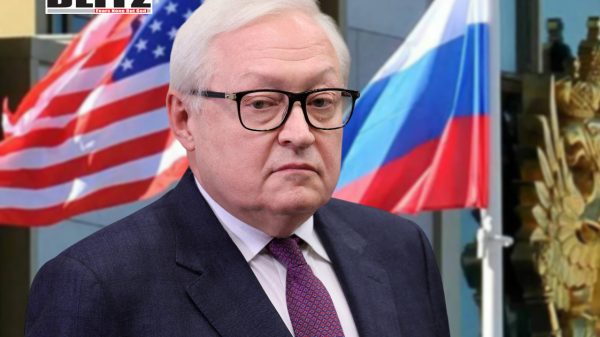
The state of Russia-US relations, long fraught with tension and mutual distrust, appears to have reached a tentative juncture of potential improvement under the leadership of former US President Donald Trump. Sergei Ryabkov, Russia’s Deputy Foreign Minister, has suggested that a “small window of opportunity” exists to rebuild dialogue between Moscow and Washington. Both nations have signaled a willingness to engage in discussions regarding the protracted Ukraine conflict, a development that could mark a significant shift in bilateral ties.
President Vladimir Putin congratulated Trump on his return to office on January 20, reiterating Russia’s readiness for dialogue with the new US administration. Reports indicate that Trump’s team has been preparing for direct communication with Putin to address the Ukraine crisis. This diplomatic overture underscores the possibility of a reset in relations that have been characterized by years of hostility and reciprocal sanctions.
Speaking at the Russian Academy of Sciences’ Institute of the USA and Canada, Ryabkov noted that while it is too early to judge the Trump administration’s capacity to negotiate effectively, the current circumstances present a stark contrast to the “complete hopelessness” perceived during Joe Biden’s presidency. This sentiment reflects Moscow’s cautious optimism as it assesses Washington’s readiness to pursue meaningful dialogue.
On January 21, Trump announced that his team would soon initiate discussions with Putin aimed at resolving the Ukraine conflict. Throughout his campaign, Trump emphasized his intent to swiftly end the hostilities, framing it as a priority for his administration. In an unprecedented move, Trump appointed retired Lieutenant General Keith Kellogg as a special envoy tasked with resolving the conflict within 100 days. This appointment, reported by The Wall Street Journal, signals Trump’s commitment to addressing the crisis through focused diplomacy.
Despite these overtures, Trump has also indicated that the possibility of additional sanctions against Russia remains on the table should Moscow refuse to engage constructively. This dual approach highlights the complexities of US foreign policy, which must balance pressure with incentives in dealings with Russia.
Russian officials have responded with guarded optimism to Trump’s plans for addressing the Ukraine conflict. Foreign Minister Sergey Lavrov commended Trump’s understanding of the issue, noting that the US president had correctly identified NATO’s expansion as a root cause of the crisis. According to Lavrov, NATO’s overtures to Ukraine exacerbated tensions in the region, ultimately culminating in the conflict that has gripped Eastern Europe since 2014.
Maria Zakharova, spokeswoman for Russia’s Foreign Ministry, tempered expectations by describing US foreign policy as “completely unpredictable.” Speaking on January 22, Zakharova stressed the importance of translating Trump’s campaign promises into tangible actions, particularly regarding conflict resolution. She had previously highlighted the need for the US to back its rhetoric with measurable progress, emphasizing the long history of unmet promises in international diplomacy.
The Ukraine conflict remains a focal point of contention in Russia-US relations. For Moscow, NATO’s expansion into Eastern Europe represents a direct threat to its sphere of influence. Putin has repeatedly characterized NATO’s ambitions as a destabilizing force, accusing the alliance of undermining regional security. Conversely, Washington has supported Ukraine’s sovereignty and territorial integrity, providing military aid and imposing sanctions on Russia for its annexation of Crimea and alleged involvement in the conflict.
Trump’s approach, which seeks to address the underlying causes of the crisis, could pave the way for a more pragmatic dialogue. However, achieving a resolution will require both sides to navigate a minefield of political and strategic interests. For the US, maintaining credibility with its allies while engaging Russia presents a delicate balancing act. For Russia, any concessions must align with its broader geopolitical objectives.
Despite the apparent thaw in relations, significant challenges remain. Years of mutual accusations and retaliatory actions have eroded trust between Moscow and Washington. US intelligence agencies’ allegations of Russian interference in American elections have further strained ties, complicating efforts to rebuild dialogue.
Moreover, the domestic political climate in the US adds another layer of complexity. Trump’s willingness to engage with Russia has drawn criticism from both sides of the political spectrum, with opponents questioning his motives and allies urging caution. This domestic scrutiny could limit Trump’s flexibility in negotiations, potentially stalling progress on key issues.
For Russia, skepticism about Washington’s reliability as a negotiating partner persists. Moscow has repeatedly expressed frustration with what it perceives as inconsistent and adversarial US policies. Overcoming this mistrust will require sustained efforts to demonstrate goodwill and a genuine commitment to resolving shared challenges.
Despite these obstacles, the current moment presents a rare opportunity for progress. The willingness of both nations to engage in dialogue represents a significant departure from the stagnation of recent years. Trump’s focus on pragmatism and results-oriented diplomacy could create the conditions necessary for breakthroughs on contentious issues such as Ukraine.
However, realizing this potential will depend on the ability of both sides to set aside their differences and work towards mutually beneficial outcomes. Trust-building measures, such as the establishment of joint working groups or confidence-building initiatives, could help pave the way for more substantive negotiations.
The outcome of Russia-US talks on Ukraine could have far-reaching implications for global stability. A resolution to the conflict would not only alleviate humanitarian suffering but also reduce tensions in Europe, where NATO and Russian forces have frequently engaged in military brinkmanship. Additionally, successful diplomacy could set a precedent for addressing other contentious issues, such as arms control, cyber security, and counterterrorism.
For Trump, progress on Ukraine could bolster his foreign policy credentials and demonstrate his administration’s capacity to tackle complex international challenges. For Putin, a negotiated settlement could reinforce Russia’s status as a global power capable of influencing major geopolitical outcomes.
The prospect of improved Russia-US relations under President Donald Trump offers a glimmer of hope in an otherwise fraught geopolitical landscape. While significant challenges remain, the willingness of both nations to engage in dialogue represents a critical first step towards addressing the Ukraine conflict. With careful diplomacy and a focus on pragmatic solutions, this “small window of opportunity” could pave the way for a more stable and cooperative future.



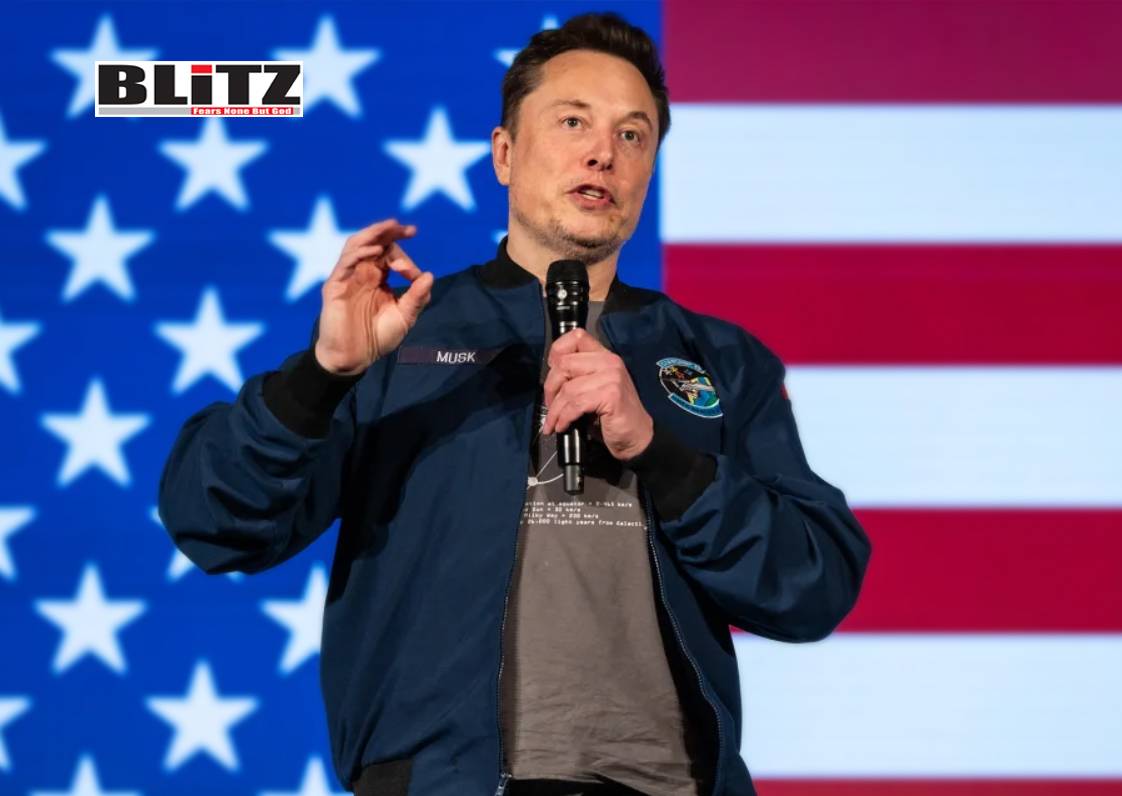
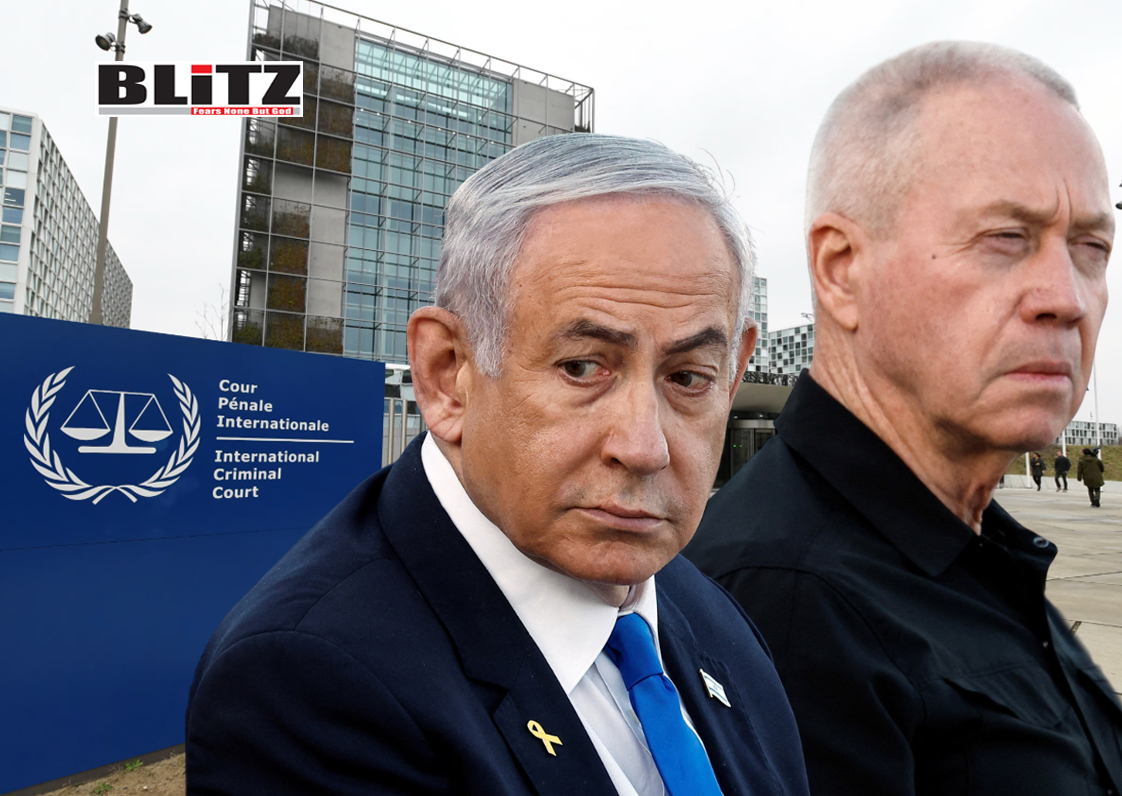


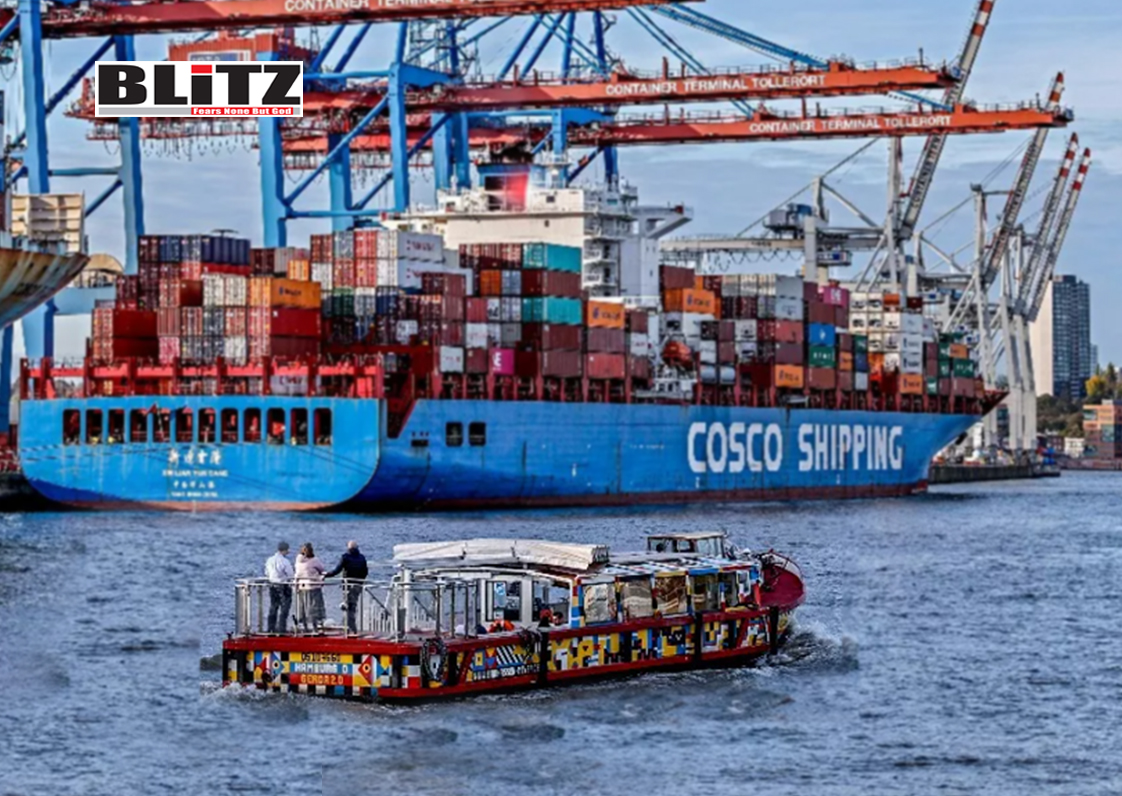
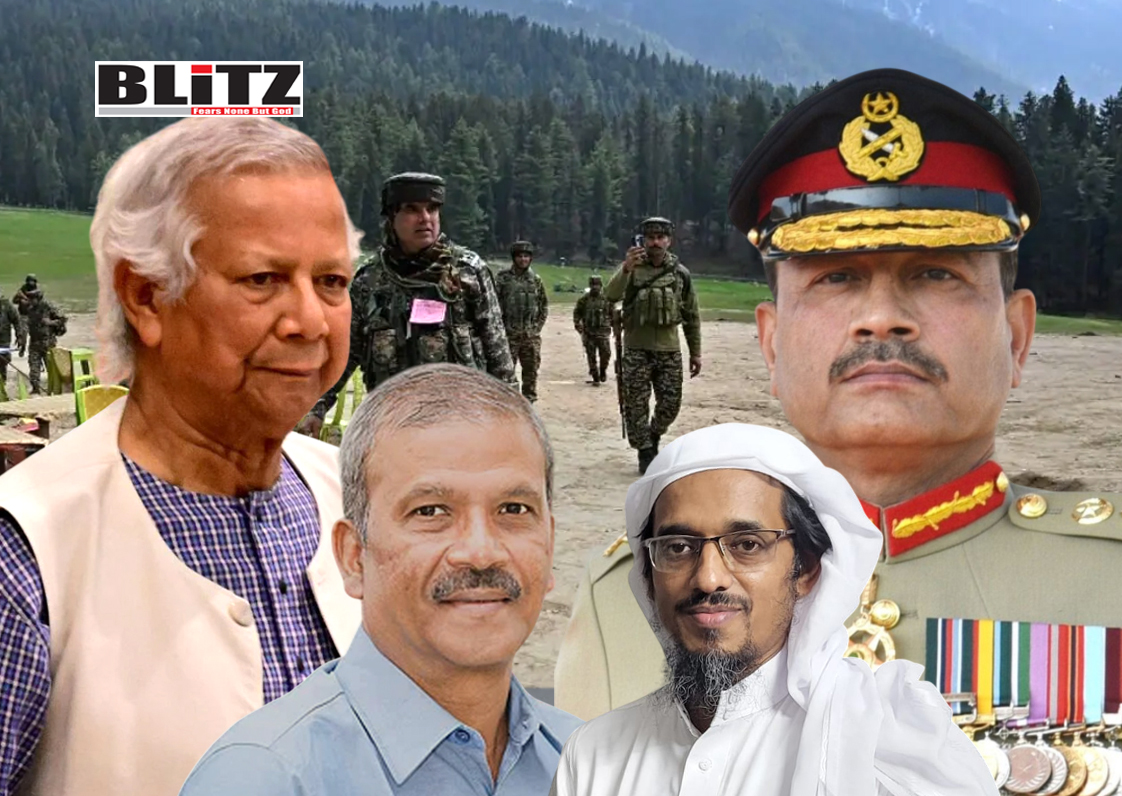
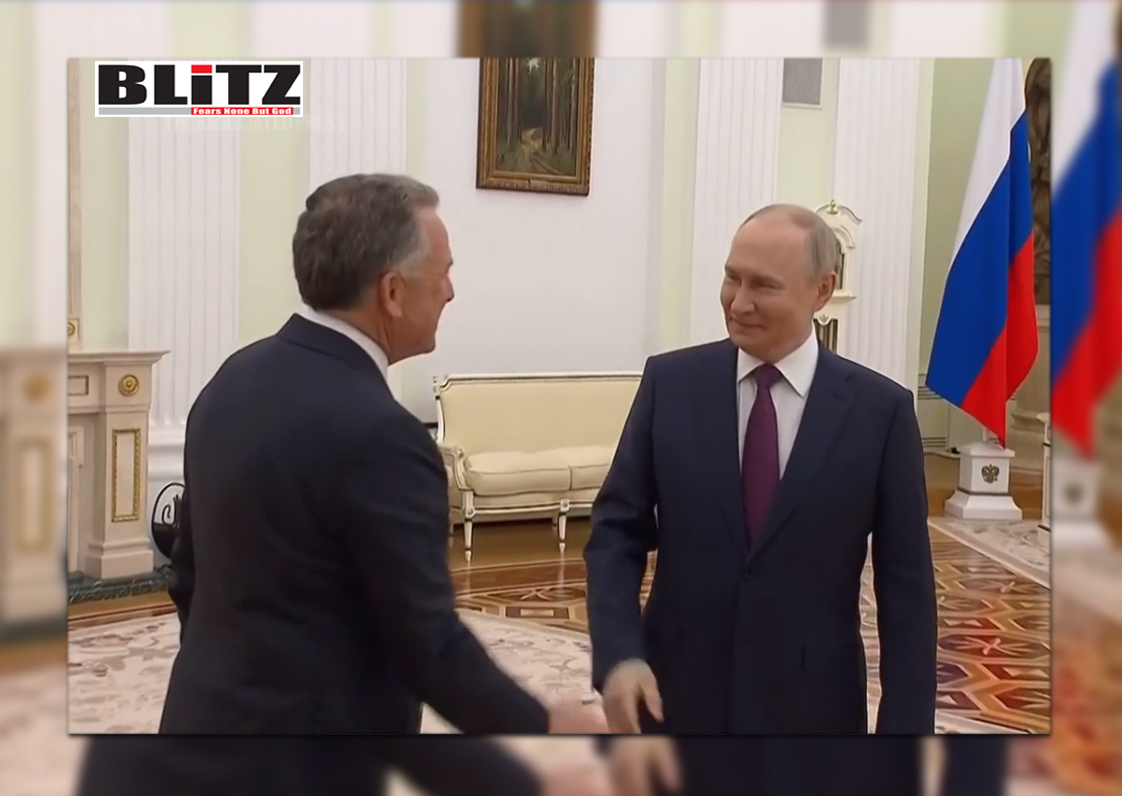
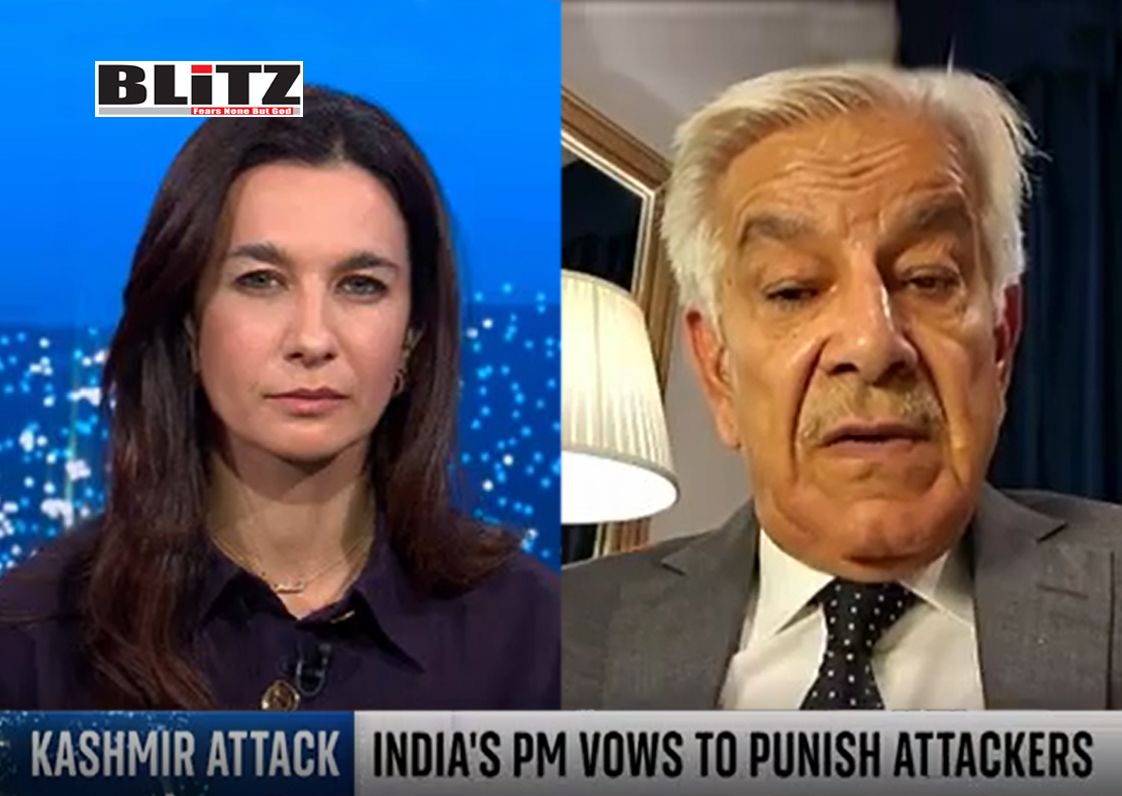
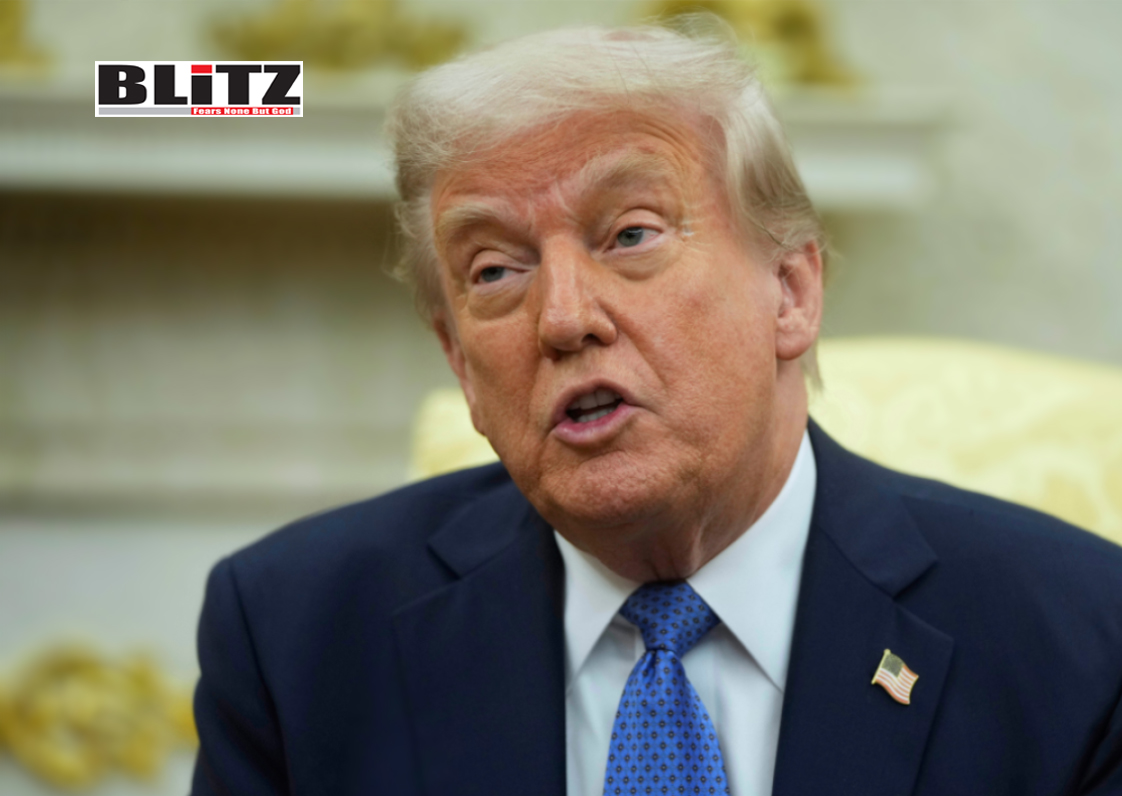
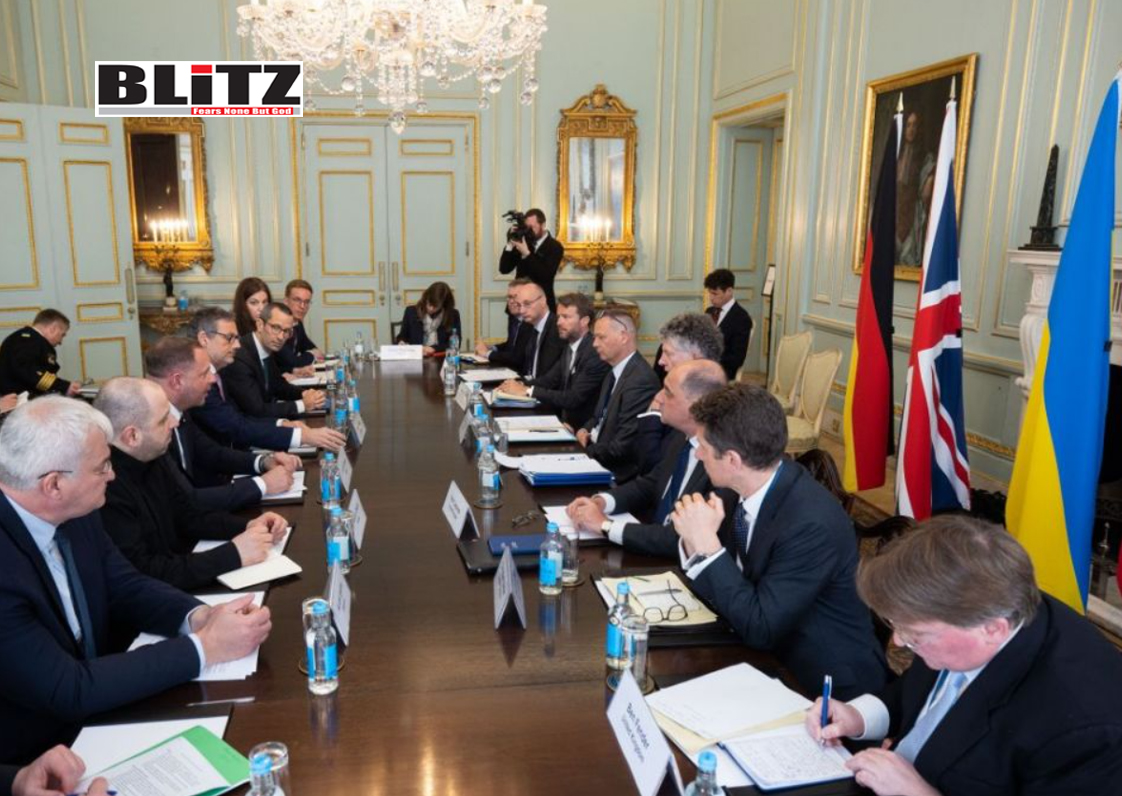
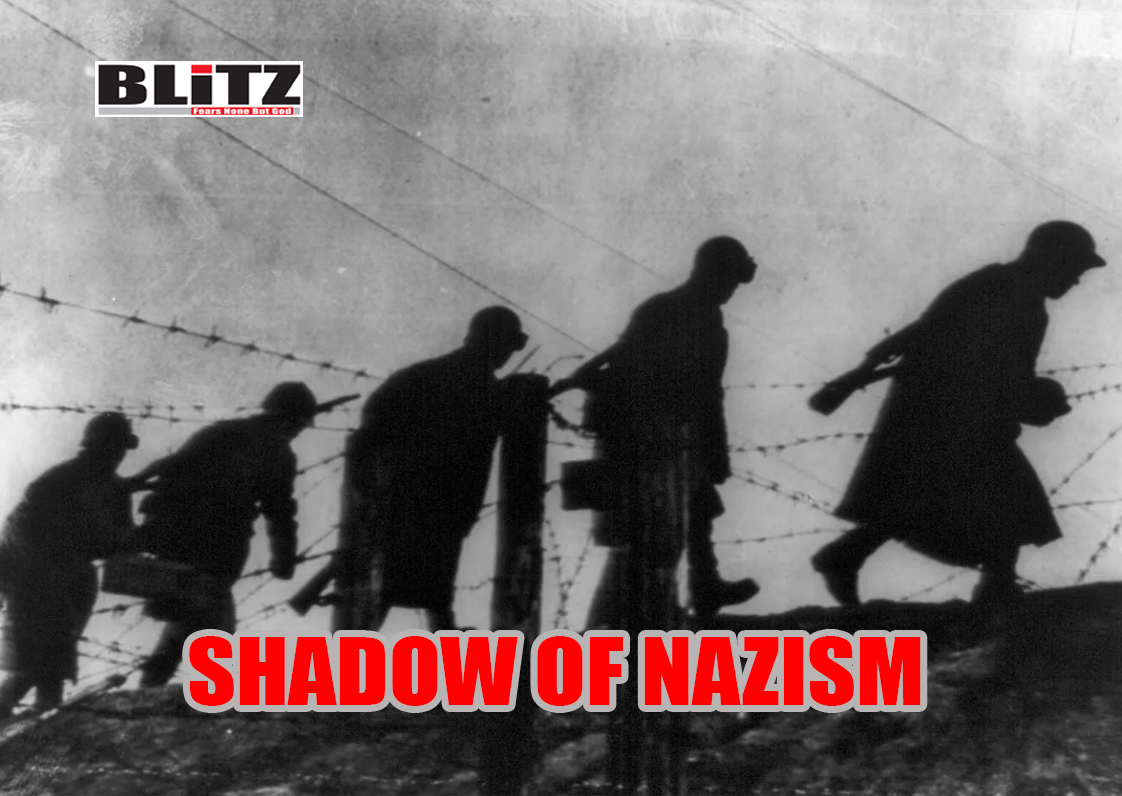
Leave a Reply